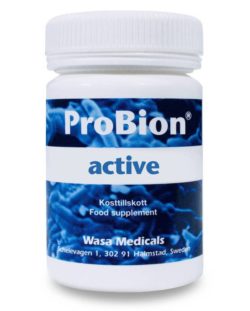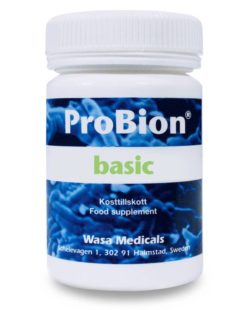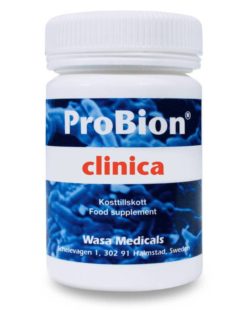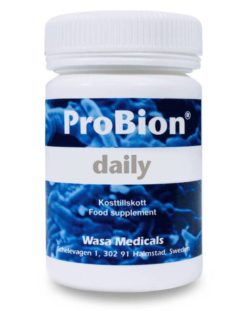Colon Health Probiotics
Role of Probiotics in Colon Cancer
Cancer patients undergoing chemotherapy or radiation therapy often experience nausea, vomiting, diarrhea, and loss of appetite, leading to a lower dietary intake and weight loss. It is estimated that more than 80% of patients suffering from cancer use vitamins, minerals, herbs, and other supplements, including probiotics during the course of their disease. However, the use of dietary supplements during anticancer treatment remains controversial.

Probiotics are mostly indicated for gastrointestinal disorders, prevention and treatment of infectious and antibiotic-induced diarrhea, and treatment of liver insufficiency, lactose intolerance, inflammatory bowel disease, and irritable bowel syndrome. The main use of probiotics in cancer care is in the treatment of intestinal toxicity during both chemotherapy and radiation. Clinical studies showed fewer episodes of high-grade diarrhea and less abdominal discomfort in cancer patients receiving probiotic strains when undergoing chemotherapy or abdominal and pelvic radiation. No adverse effects of a serious nature have been reported after probiotic consumption in generally healthy people, but unfortunately this is not the end of the story.
See also: How Much Toxic Poop Waste is Trapped in Your Body Colon?
Some case reports have identified probiotic strains used in therapy to be involved with sepsis. Some cases of Lactobacillus bacteremia and overt sepsis associated with Saccharomyces boulardii (cerevisiae), Lactobacillus GG, Bacillus subtilis, Bifidobacterium breve, or combination probiotics have been reported. Moreover, S. cerevisiae fungemia has been described in immunosuppressed and critically ill patients, indicating that probiotics should be carefully used, particularly in patients with weakened immune systems.
Before starting probiotic use, cancer patients should discuss the potential risks and benefits, according to evidence-based medicine, with their oncologist, pharmacist and/or nutritionist, taking into account their current immune status.
Probiotics can definitely be helpful and they provide great benefits in many cases, as we listed above. However, for a few select cases probiotics may not be the best option, as with patients who are on clinical trials with dietary restrictions and patients who are neutropenic.
It is important to note then, that even probiotics, despite their countless benefits, they also present some limitations. Patients need to include their doctors in the loop. Never alter your prescribed therapy because you saw some fancy ad and maybe you think you can do better than your doctor. Always discuss these options with your attending physicians, inform them of your decisions and ask for their recommendation. We realize that probiotics research is a specialized area and your doctors may be hesitant at first. On that aspect and regarding our ProBion line and colon cancer clinical trial experience, we will be happy to assist you and your doctors to reach an informed decision. But, always remember, these same doctors have assumed complete responsibility for your monitoring and health recovery which hinges on a close working relationship between you and them. They need to be part of this conversation.
ProBion Active
For the speedy and or loose digestion & travelling
Lactose Free!ProBion Basic
For bloated and slow digestion
Lactose Free!ProBion Clinica
High Strength for most individuals & as a complement to A/B/D
Lactose Free!ProBion Daily
For normal or altering digestion
Lactose Free!





